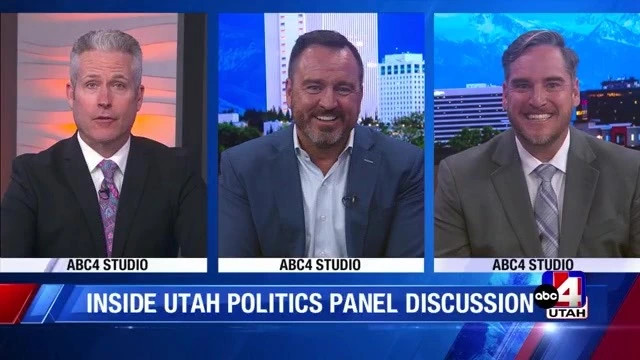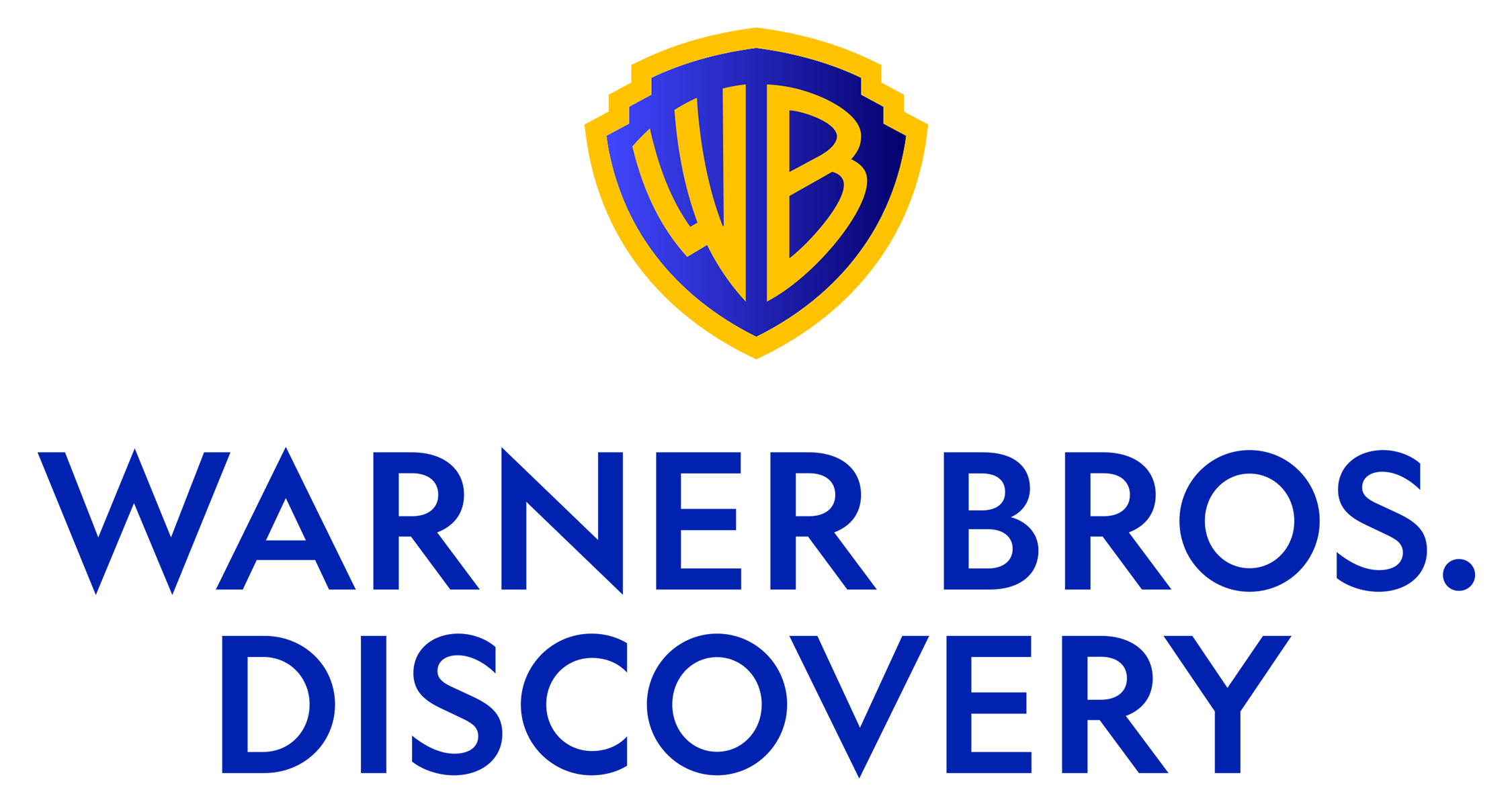
Which media know more about the local politics and ballot issues affecting the Joplin, Mo.—Pittsburg, Kan., DMA? Morgan Murphy Media’s KOAM-TV? or Facebook?
What about in Santa Barbara, Calif.? News-Press & Gazette’s KEYT or Instagram? How about Raleigh-Durham, N.C.? Capitol Broadcasting Company’s WRAL or YouTube?
The answer to each question is obvious: The local broadcasters serving their markets with reporting by journalists who cover the issues, candidates and political fortunes that affect local viewers.
Presumably, viewers seeking the information they’ll use to help make voting decisions are the same people politicians and backers of various ballot initiatives wish to reach with their ads.
But a curious thing has happened. While still raking in gobs of political ad dollars, broadcasters have seen a decline in their share of dollars compared to other media. A final analysis of political ad spending in 2016 from Borrell Associates reports the share of dollars devoted to broadcast TV dropped from 57.9% in 2012 to 44.7% in 2016.
What gained share? Digital, cable and direct mail, which as the report says are all “eminently more targetable.” Together, they “gained $1.7 billion over 2012 spending levels, while radio, TV and newspapers lost nearly $1.3 billion…,” it says.
In the years since, targeted social media advertising has only gained momentum—led by Facebook, which CNBC reported in October 2020 earned 3% of its quarterly U.S. revenue from political and campaign ads. Bloomberg reported the same month that with two weeks to go before the election, YouTube had run out of space to run political ads.
The professional video industry's #1 source for news, trends and product and tech information. Sign up below.
Wouldn’t it be great if broadcasters had an IP-based delivery technology that allowed politicians to reach the exact audience they desire with the exact message they wish to convey? Oh, wait a minute. They don’t just have one in the form of NextGen TV. They actually have two when FAST channels are considered. I wonder how long it will be before they use them to their full potential.
While TV newsrooms clearly know their local markets, politics, candidates and issues better than digital/social media, key to competing effectively for ad dollars with these alternative platforms is offering a viable way for politicians to target the specific voters they wish to reach with their specific messages.
Phil Kurz is a contributing editor to TV Tech. He has written about TV and video technology for more than 30 years and served as editor of three leading industry magazines. He earned a Bachelor of Journalism and a Master’s Degree in Journalism from the University of Missouri-Columbia School of Journalism.

